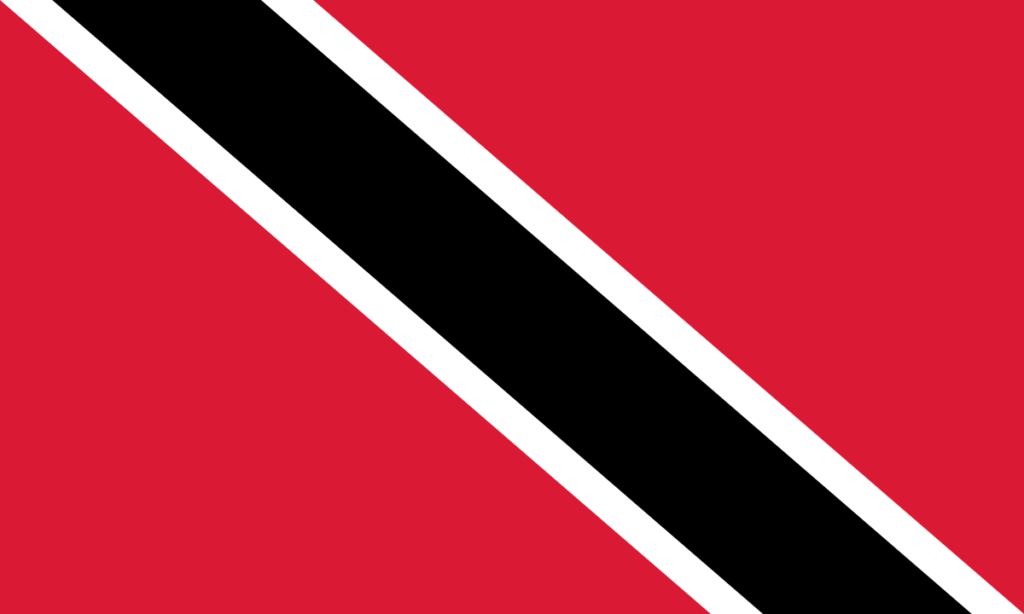
Here’s an overview of Trinidad and Tobago and its capital, Port of Spain:
General Information:
- Official Name: Republic of Trinidad and Tobago
- Capital: Port of Spain
- Official Language: English
- Currency: Trinidad and Tobago Dollar (TTD)
- Population: Approximately 1.4 million (as of 2023)
- Area: 5,131 square kilometers (1,981 square miles)
- Location: The southernmost nation in the Caribbean, located just off the northeastern coast of Venezuela.
Geography:
- Trinidad:
- The larger of the two islands, known for its plains, rolling hills, and extensive oil and natural gas reserves.
- Features tropical rainforests, the Northern Range mountains, and beautiful beaches.
- Tobago:
- Smaller, more serene, and known for its coral reefs, pristine beaches, and eco-tourism.
- Port of Spain:
- Located on the northwest coast of Trinidad, Port of Spain is a bustling city with a mix of modern architecture and colonial charm.
History:
- Pre-Colonial Era:
- Originally inhabited by Arawak and Carib Indigenous peoples.
- Colonial Era:
- Trinidad: Colonized by the Spanish in 1498, later ceded to Britain in 1802.
- Tobago: Changed hands multiple times among European powers before becoming a British colony in 1814.
- Both islands were united as a single British colony in 1889.
- Independence:
- Gained independence from Britain on August 31, 1962.
- Became a republic within the Commonwealth in 1976.
Political Structure:
- Government: Unitary parliamentary republic.
- Head of State: President (currently Christine Kangaloo, as of 2023).
- Head of Government: The Prime Minister (currently Keith Rowley).
- Legislature: Bicameral Parliament consisting of the Senate and the House of Representatives.
Economy:
- Main Industries:
- Energy Sector: Oil and natural gas are the backbone of the economy.
- Manufacturing: Includes petrochemicals, steel, and food processing.
- Tourism: Focused more on Tobago, which offers eco-tourism and beach resorts.
- Currency: Trinidad and Tobago Dollar (TTD).
- Notable Fact: Trinidad and Tobago is one of the wealthiest nations in the Caribbean due to its energy exports.
Culture:
- Festivals:
- Carnival: One of the world’s most famous carnivals, featuring elaborate costumes, steelpan music, and soca.
- Divali (Diwali): Celebrated by the Hindu community with lights, prayers, and cultural events.
- Hosay: A Muslim festival marking the martyrdom of Imam Hussain, with colorful processions.
- Music and Dance:
- The birthplace of calypso, soca, chutney music, and the steelpan (the only acoustic instrument invented in the 20th century).
- Dance styles include the energetic “wine” and traditional Indian classical dance.
- Cuisine:
- Influenced by African, Indian, Chinese, and European cuisines. Popular dishes include doubles, roti, pelau, and callaloo.
- Trinidad is known for its street food culture.
- Religion:
- A diverse mix, including Christianity, Hinduism, Islam, and African spiritual practices.
Port of Spain – The Capital:
- History:
- Established as a port by the Spanish in 1560, it became the capital in 1783.
- Significance:
- The economic, cultural, and administrative hub of Trinidad and Tobago.
- A vibrant city with a blend of modern skyscrapers, historic sites, and multicultural neighborhoods.
- Key Landmarks:
- The Red House: The seat of Parliament, a historic colonial-era building.
- Queen’s Park Savannah: A large public park and home to many Carnival events.
- National Academy for the Performing Arts (NAPA): A modern architectural masterpiece.
- Maracas Bay: A short drive from Port of Spain, known for its beautiful beach and “bake and shark” food stalls.
- Magnificent Seven: A row of stunning colonial mansions near Queen’s Park Savannah.
- Transportation:
- Port of Spain is the main gateway for international flights via Piarco International Airport. Ferries connect Trinidad to Tobago.
Interesting Facts:
- Trinidad is the larger and more industrialized island, while Tobago focuses on eco-tourism and relaxation.
- Trinidad is considered the birthplace of Carnival in the Caribbean, setting the standard for similar festivals worldwide.
- The steelpan originated in Trinidad and is a symbol of national pride.
- The country has a high literacy rate (over 98%) and places significant emphasis on education.
- Famous for its biodiversity, including the scarlet ibis, one of its national birds.


